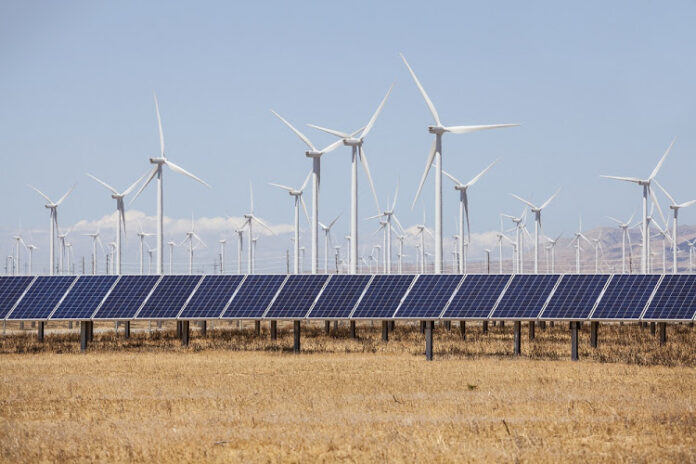Nigeria is worried over the inadequate investments in renewable energy to support the country’s intended accelerated transition from fossil fuels.
Fossil fuels currently satisfy 83 per cent of primary demand for energy.
The government pointed out that while investments in fossil fuels had declined by 40 per cent since 2015, there is no requisite ramp up in renewable energy.
At the World Energy Day Discourse held over the weekend at the Abuja Chamber of Commerce and Industry (ACCI), Nigeria’s Vice President, Prof Yemi Osinbajo admitted that the planned transition would not be as easy and seamless as envisaged without having to make difficult choices.
“The risks of trying to make 30-year commitments to reaching net-zero were plain and apparent for all to see. The Economist reported that since May the combined prices of oil, coal and gas increased by 95 per cent. It was also reported that Britain has turned back on some coal-fired power stations.
“I surely believe that the energy transition was not meant to make energy less available and unaffordable. These events if not handled carefully may turn global public sentiment against climate change policies.”
Represented at by the Minister of State for Power, Mr. Goddy Jedy-Agba, Osinbajo said the current challenging environment was as a result of a number of critical factors.
He said cost cutting in the energy industry had been exacerbated by the demand drops caused by the COVID-19 pandemic adding that investment in energy to meet net zero targets had also been insufficient.
“We cannot execute this transition without gas. This particularly impacts Nigeria as in some respects we are more of a gas country than even oil. DPR reported in June that we have 207 trillion cubic feet of proven gas reserves.
Gas is cleaner than coal or oil and initially was touted as a critical transition fuel. Later, climate change policy (particularly in the West) began to turn against gas with very strict policies from many lenders against even funding upstream, midstream or downstream Gas projects.
“This has created the proverbial “Chickens coming home to roost” scenario we face today with insufficient gas investment without commiserate replacement by renewables leading to scarcity and high prices.”




